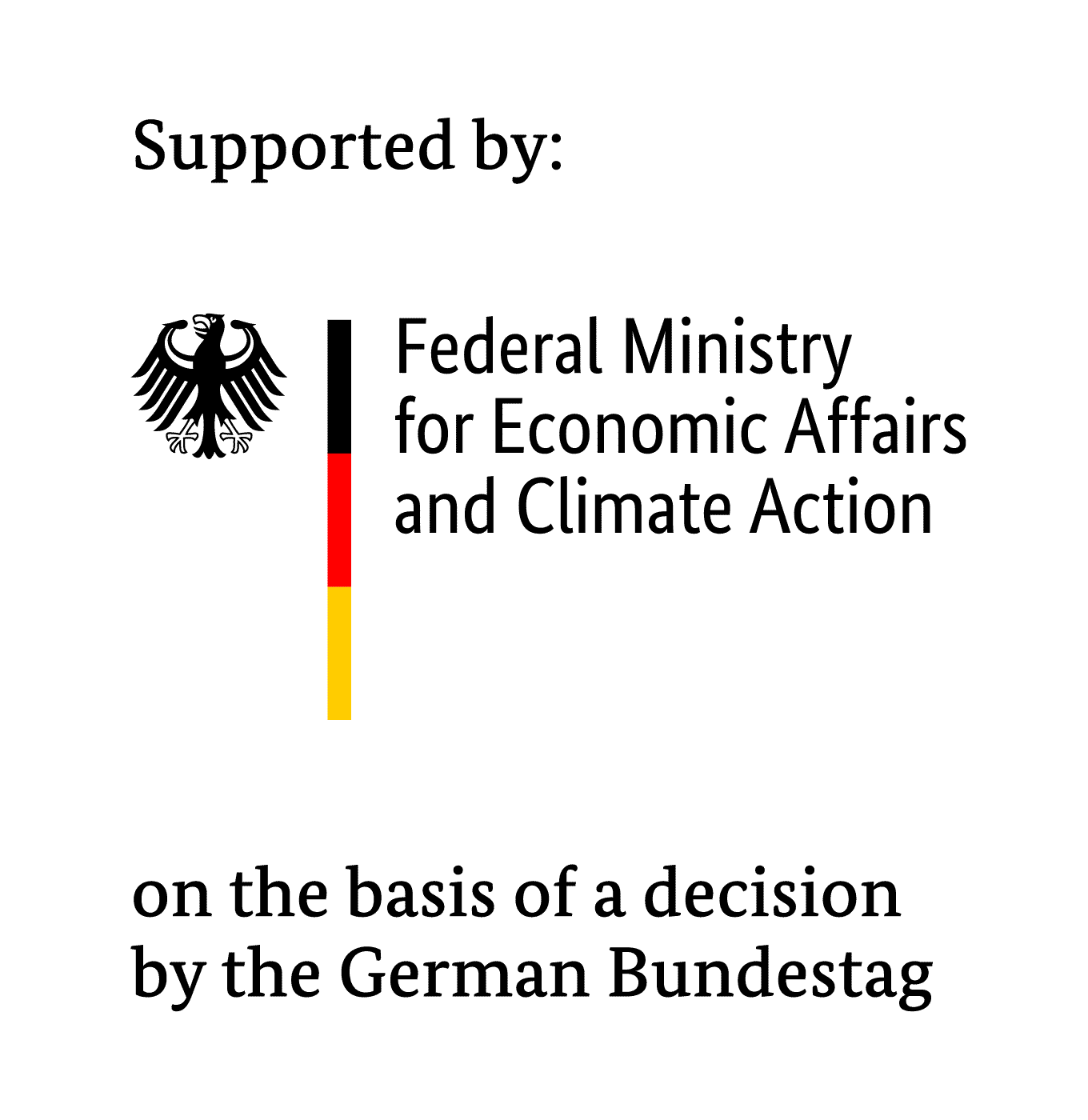Projectname:
Algae Compound and Carbohydrate Extracts for food Products and sustainable
Workgroup: Packaging materials
Research Partner and Scientific Guidance:
IGF: 284 EN
Financing: BMWK
Duration: 2021 – 2022
The Cornet project "ACCEPT" aims at the valorization of seaweed as a raw material for bio-based packaging materials, edible coatings for post-harvest fruits and as an environmentally friendly pesticide. The project consortium consists of research and industry partners in Germany (Fraunhofer IVV, IVLV) and Brazil (Companhia das Algas, USP – Universidade de Sáo Paulo, UNESP – Universidade Estadual Paulista, ITAL – Instituto de Tecnologia de Alimentos) as well as an user committee consisting of small and medium-sized enterprises.
Due to their rapid growth, sustainable extraction and valuable ingredients, algae have enormous potential for a future bio-based circular economy. The structural polysaccharides, such as alginate, carrageenan and agar, are already used industrially as food additives or for technical applications. The polysaccharides ulvan, fucoidan as well as low-molecular, antimicrobial compounds, will be investigated in this project for the above-mentioned applications.
The naturally occurring marine algae are collected, purified and dried by local fishermen at beaches in northeastern Brazil. A part of the collected algae is processed into aqueous extracts or gels in Brazil. These are applied to post-harvest fruits as a protection against spoilage, or tested as a natural pesticide on crop plants. Another part of the collected algae biomass is processed at the Fraunhofer IVV using a fractionated extraction process. The challenge here is to obtain the purest possible extracts from the natural algae mix, which possess a consistent chemical composition and controllable technofunctional properties. The extraction processes are initially developed in lab-scale and then up-scaled to pilot scale at the Fraunhofer IVV’s pilot plants.
Coatings of algal polysaccharides on packaging films can drastically improve their barrier against oxygen – this is usually mandatory for the protection of food from oxidation and spoilage. Therefore, they provide a potential bio-based alternative to fossil-based coatings and are also biodegradable. The obtained extracts can be used natively or modified for the use in packaging materials. Chemical modification (cross-linking) of the polysaccharides increases their resistance to moisture. Possible designs are coatings on conventional biopolymer films (e.g. PLA) and paper. Furthermore, free-standing algae-based films will be developed – a novel material that could be used for various food packaging applications. Depending on the final properties, the film materials will be used for packaging dry and semi-dry foods, e.g. cereals, bread, pasta, flour, coffee, tea, sweets and snacks, but also fresh products with a short shelf life such as vegetables and fruit. The developments in the project strengthen SMEs in the food and packaging sector, it enables them to tap into a new, more environmentally conscious customer base, while at the same time ensuring product protection of the packaged food and fulfilling the legislator’s requirements for more sustainable packaging.

The IGF project presented here by the Research Association of the Industrial Association for Food Technology and Packaging (IVLV e.V.) is funded by the Federal Ministry for Economic Affairs and Climate Action as part of the program for the promotion of industrial community research (IGF) based on a decision of the German Bundestag.